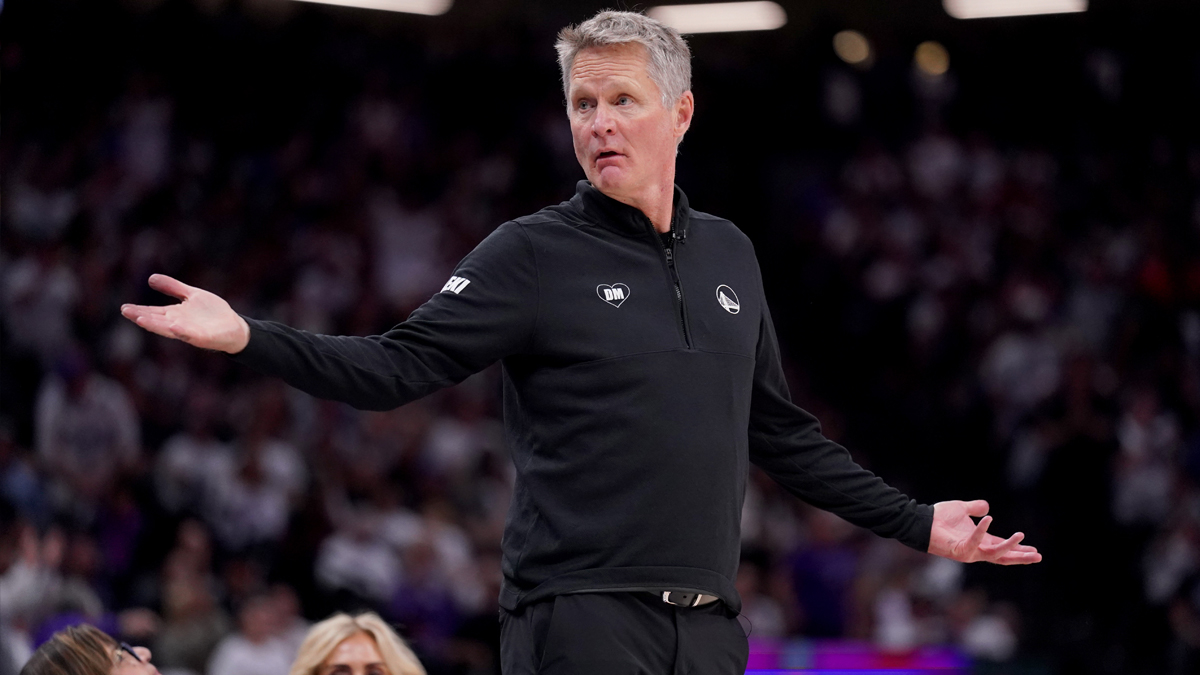So much for that stoic, businesslike reputation that seems to follow German athletes. At the Pyeongchang Olympics, they're letting the emotions fly.
And for good reason, too.
The struggles of Sochi 2014 are forgotten for the Germans, who already have 13 gold medals at Pyeongchang — the most that the country has ever claimed at a Winter Games — and are heading into the final weekend of Olympic competition second behind only Norway in the overall medal standings with 25 total medals.
"I don't know what to say," said biathlete Laura Dahlmeier , already a winner of three medals for Germany in Pyeongchang. "Woo-hoo!"
That sentiment needs no translation.
It's not like the Germans embarrassed themselves in Sochi, where they won eight golds and finished sixth in the overall medal standings — at an Olympics where the real medal numbers are undeniably skewed by the Russian doping scandal.
But the Germans came to Pyeongchang seeking redemption anyway, and they've delivered.
Sports
"It's true that in Sochi things were not going quite as well as we had wished," said German Nordic combined star Eric Frenzel, a winner of two golds and a bronze in Pyeongchang. "It's now four years down the road and all of us have matured more, we have learned from the mistakes that we made in Sochi and things are going well."
Saying it's going well is quite an understatement.
No matter what happens in four-man bobsled this weekend, Germany will leave the sliding track with at least as many golds — no fewer than five — as the rest of the world won in skeleton, luge and bobsled combined. They've won six medals in biathlon and five more in Nordic combined, both of those totals better than any other country in these games.
In sliding, they have secrets, though some of them aren't exactly that secretive.
"We have four tracks, we have young teams, they work hard from 10 years old," said German luge coach Norbert Loch, the father of 2010 and 2014 Olympic gold medalist Felix Loch — who, surprisingly, was shut out of medals in Pyeongchang. "We have young coaches. We have a hard qualification system. Our athletes have no problem with physical work. That is one reason for success."
Here's another reason: They show up believing they're going to win.
There's no women's luge athlete in history has won more major international races than Natalie Geisenberger, who won the third and fourth Olympic golds of her career in Pyeongchang . She can be quiet and reserved in public, though when she went to the medal stand at these games she punched her fists into the air and leaped high off the podium.
"When you stand there and the German anthem is being played for you, that is the moment I live for, what I fight for," Geisenberger said. "My hobby is my profession."
Geisenberger was expected to win, and the Germans were expected to dominate in sliding. Some surprises have helped pad the medal total.
Mariama Jamanka has zero World Cup bobsled wins, zero world championship wins, and now one Olympic gold medal. She drove to the win Wednesday night, getting there ahead of a pair of three-time medalists — Elana Meyers Taylor of the U.S. and Kaillie Humphries of Canada.
And even as she celebrated her own breakthrough win, Jamanka knew what it meant for her country.
"The sports program in Germany is pretty efficient and pretty good," Jamanka said. "It has created very good athletes, not only in the classic German sports like luge, skeleton and bobsled — which are traditionally strong German disciplines — but also in ski jumping and biathlon. In the last couple years, we've really gone the right way."
They have a few more days left to keep going that way.
"These days are awesome," luge medalist Johannes Ludwig said. "Really awesome."
___
More AP Olympic coverage: https://wintergames.ap.org



